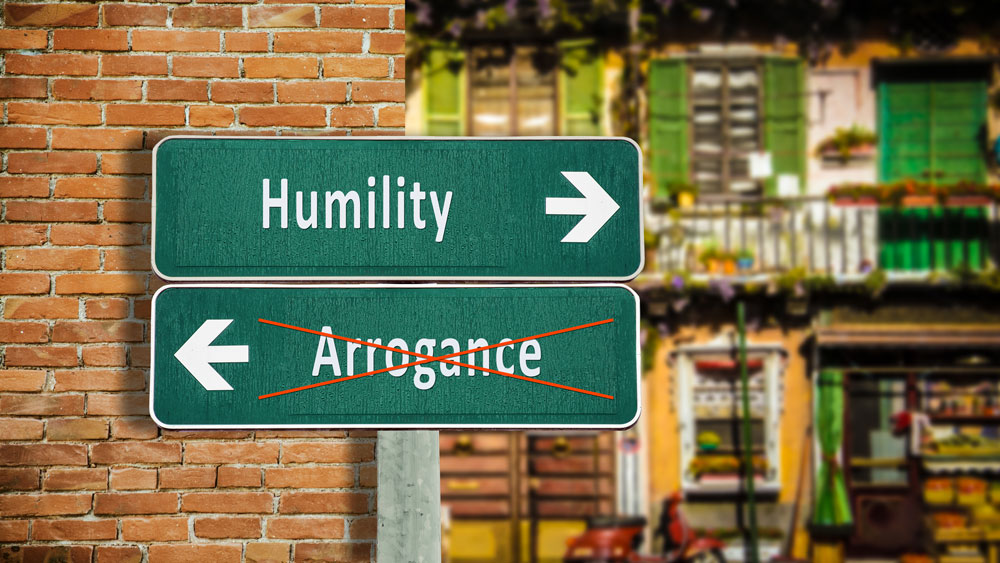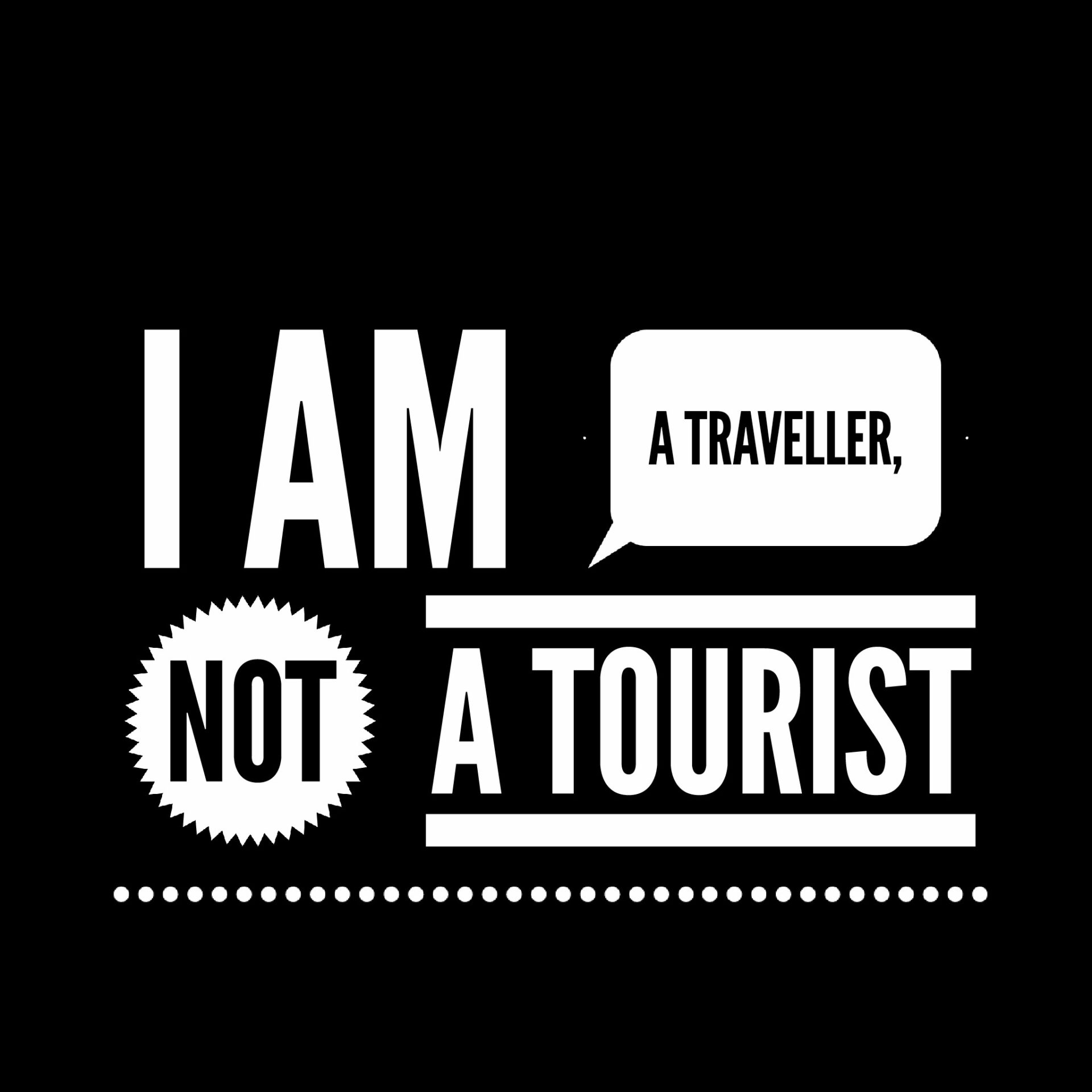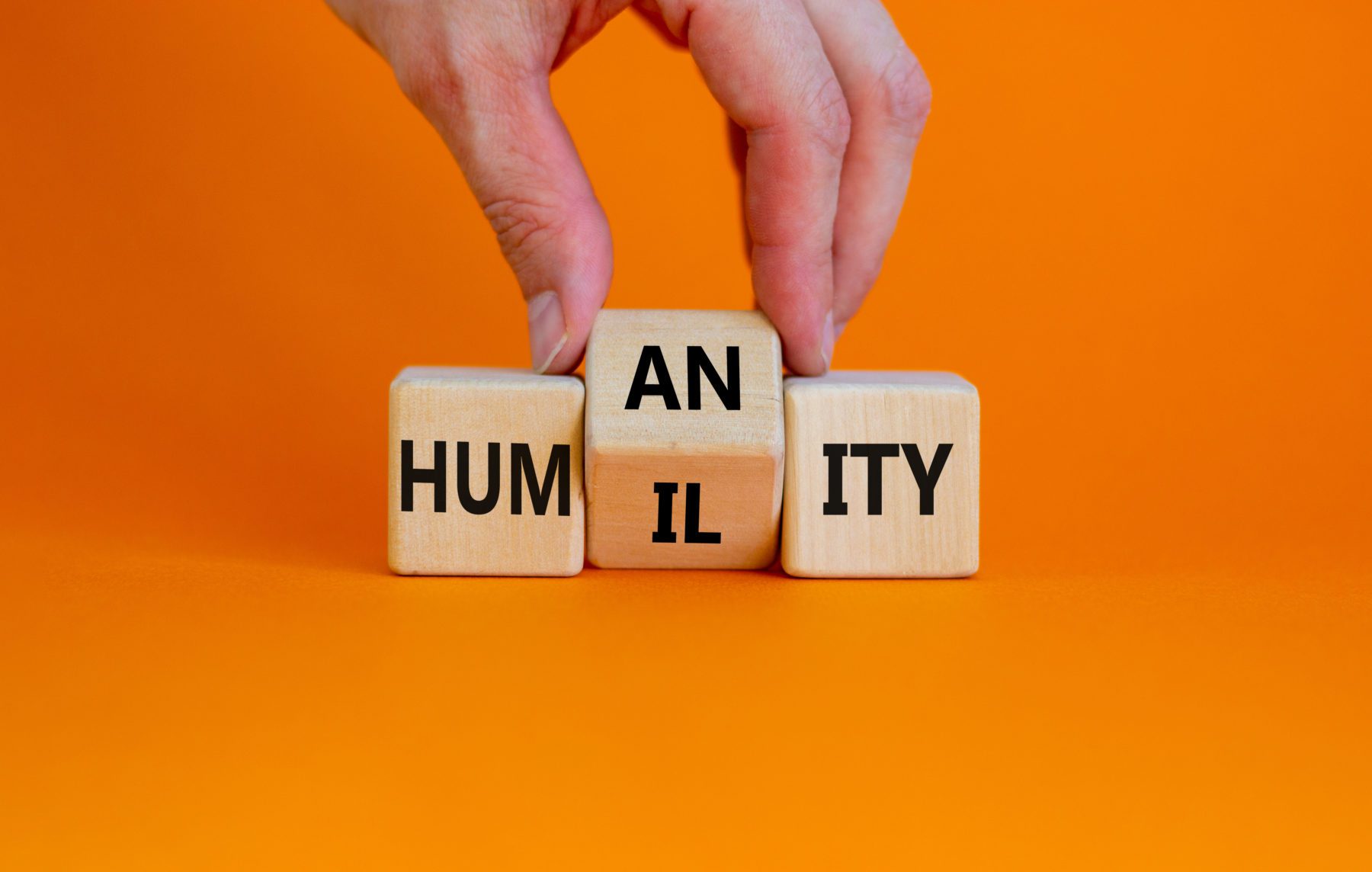Possible Preaching Themes
Possible Scientific Resources
- The reality of temptation in our lives as part of the human condition (Genesis reading)
- The gift of free will as reflected in Mary’s response (Gospel reading)
- Temptation
- An accessible review of the science of willpower and how it can be strengthened https://www.psychologicalscience.org/observer/resisting-temptation
- Short podcast that examines the psychology of avoiding temptation, and the importance of self-compassion and gratitude for enhancing self-control https://davedesteno.com/podcast [season 1, “New Year, New You, Take 2”]
- A short scholarly article on the psychology of resisting temptation https://onlinelibrary.wiley.com/doi/epdf/10.1111/j.1360-0443.1989.tb03457.x
- Author of the famous marshmallow test discusses how to become better at resisting temptation https://www.apa.org/monitor/2014/12/marshmallow-test
- Free Will
- Discussion of how neuroscience is exploring the nature of free will https://blogs.scientificamerican.com/beautiful-minds/the-neuroscience-of-free-will-a-q-a-with-robyn-repko-waller/
- A more technical article on neuroscience suggesting new ways to operationalize free will https://www.frontiersin.org/articles/10.3389/fnhum.2016.00262/full
- How neuroscientists need help from philosophers in understanding free will https://www.science.org/content/article/philosophers-and-neuroscientists-join-forces-see-whether-science-can-solve-mystery-free
- The debunking of a famous argument against free will https://www.theatlantic.com/health/archive/2019/09/free-will-bereitschaftspotential/597736/
Homily Outline Combining Resources
Homily drawing upon both sources
- A complicated feast
- Many confuse the core of this feast and think it is about Mary conceiving Jesus.
- the Immaculate Conception is not about the conception of Jesus,
- but about Mary’s being conceived without original sin.
- The origin of sin is scripturally revealed in the disobedience of Adam and Eve, when they lost the grace of original holiness (Catechism of Catholic Church 399), human nature was weakened, subject to suffering, and inclined to sin (418).
- Whether Mary was subject to original sin was hotly debated in the Middles Ages, with Aquinas and others arguing that if Mary was without sin she would not need redemption.
- Her Immaculate Conception was dogmatically defined only in 1854, which taught that she was preserved from original sin and remained pure from all personal sin throughout her life (508).
- However, being freed from sin did not mean that she was never tempted or that God had removed her free will.
- Jesus himself was tempted and exercised free will in choosing to suffer and die; His mother also maintained her free will, and yet experienced temptation like all human beings.
- Many confuse the core of this feast and think it is about Mary conceiving Jesus.
- Science on resisting temptation
- Social scientists admit that temptation is at the heart of the human condition.
- Various studies and experiments have been conducted to understand the dynamics behind resisting temptation.
- In the late 1960’s psychologist Walter Mischel devised a famous “marshmallow” experiment:
- a four-year-old is left by a scientist in a room with a marshmallow in front of her; if she waits for the scientist to return without eating it, she would get two marshmallows.
- Some caved for the quick reward; some waited up to 20 minutes for the second marshmallow.
- The tendency to perceive a desired future result as less valuable than one right in front of us is called temporal discounting.
- Long term studies determined that the kids who held out for the promised two marshmallows as adults were more likely to finish college, earn high incomes, and less likely to become overweight.
- That is the power of executive function and self-control strategies.
- Multiple studies have examined ways that folk can enhance their self-control, including the importance of gratitude and compassion for developing patience and self-constraint.
- How about free will?
- Some brain scientists question whether we actually have free will.
- They argue that our brains have so evolved that the brain not only shows neurological activity before a person acts,
- But that the brain’s impulses are churning even before we are consciously intending to do something.
- This brain activity starts about a half second before the corresponding bodily movement.
- From this perspective one could argue “my brain made me do it!”
- Others contend that a sense of will kicks in 150-200 milliseconds before muscles move with the power to stop the act.
- Thus “free will” becomes “free won’t.”
- We are free to stop the lie, the slur, the injury.
- Other psychologists are more moderate, arguing that
- the desire for freedom is an enduring feature of human societies;
- Such desire for freedom cannot exist without some form of free will.
- Some people have the capacity to hold out for two marshmallows more than others, fighting the instinct for temporal discounting.
- Control is like any muscle – it needs to be exercised to be strengthened.
- The Baptismal gift
- We were not born free of original sin, like Mary.
- In baptism, however, we are freed from original sin, made a new creation, and graced with God’s life (1265-66).
- We are simultaneously frail in our humanity and blessed in our divine adoption.
- Mary is a treasured model for living with grace in our frailty.
- Her hymn of gratitude and compassion calls us to exercise the same social virtues in the face of temptation.
- Her position in a holy family, in a community of faith, in the church (54) models for us the importance of our own families and faith community in resisting individual and social sin.
- Her determinative fiat that first opened the way for incarnation beckons us to pursue lives that similarly choose to cooperate with God’s invitation, so that Christ’s incarnation might continue to unfold in our lives and in our world.
- Mary did not exercise her free will only once, when saying yes to the angel’s message.
- Her “yes” was a life-long journey in joy and sorrow:
- exiled in Egypt, losing a husband, witnessing the execution of her only son, and experience the grace of his resurrection and promised Spirit.
- We, too, reject the ease of “temporal discounting,” and make individual and communal choices that sustain us for the long haul into God’s eternal reign.
- Her “yes” was a life-long journey in joy and sorrow:
Related Homily Outlines
Couldn’t find what you’re looking for?
Try searching with another filter

Preaching with Sciences

Edward Foley, Capuchin
Duns Scotus Professor Emeritus of Spirituality
Professor of Liturgy and Music (retired)
Catholic Theological Union
Vice-Postulator, Cause of Blessed Solanus










